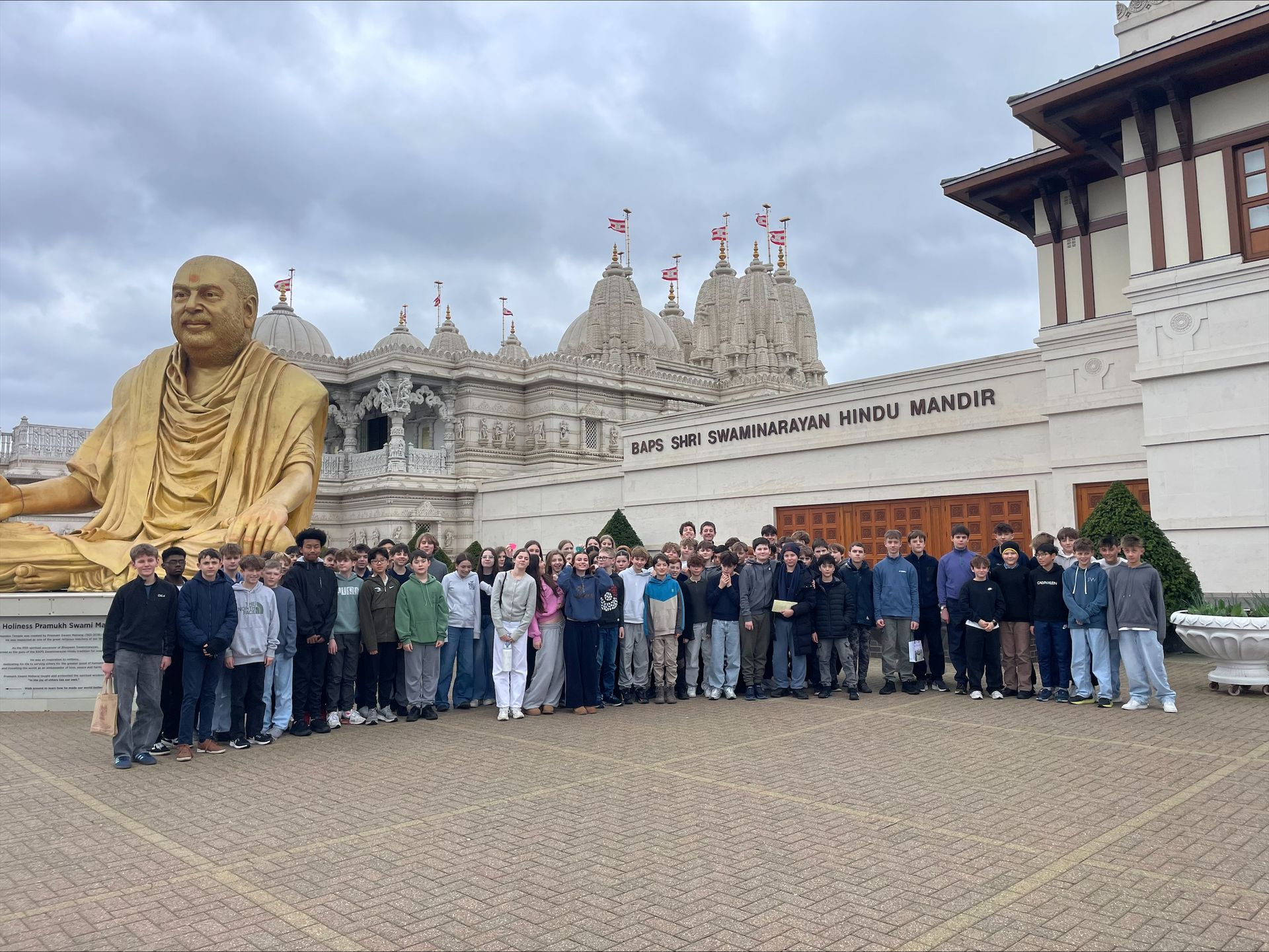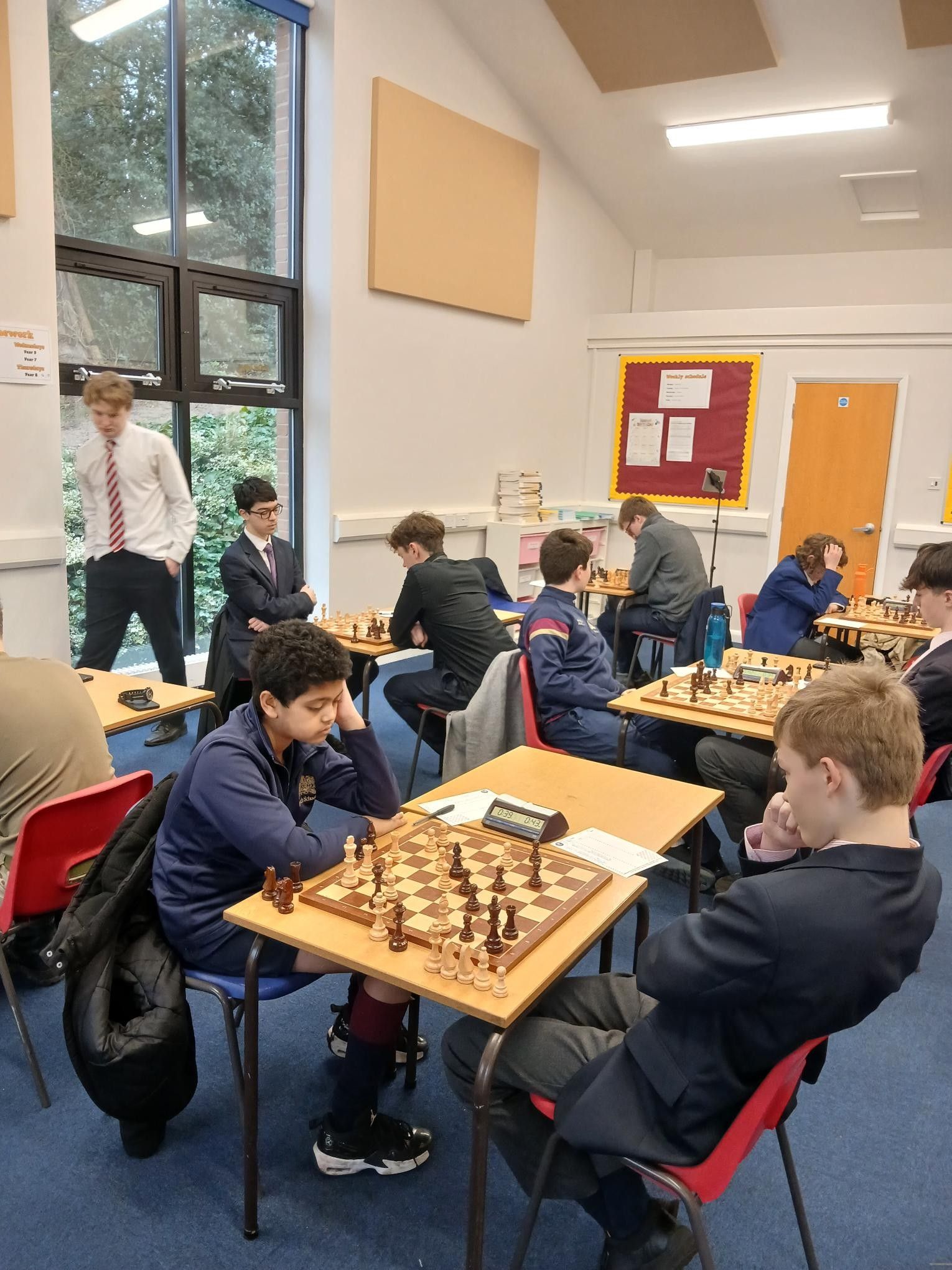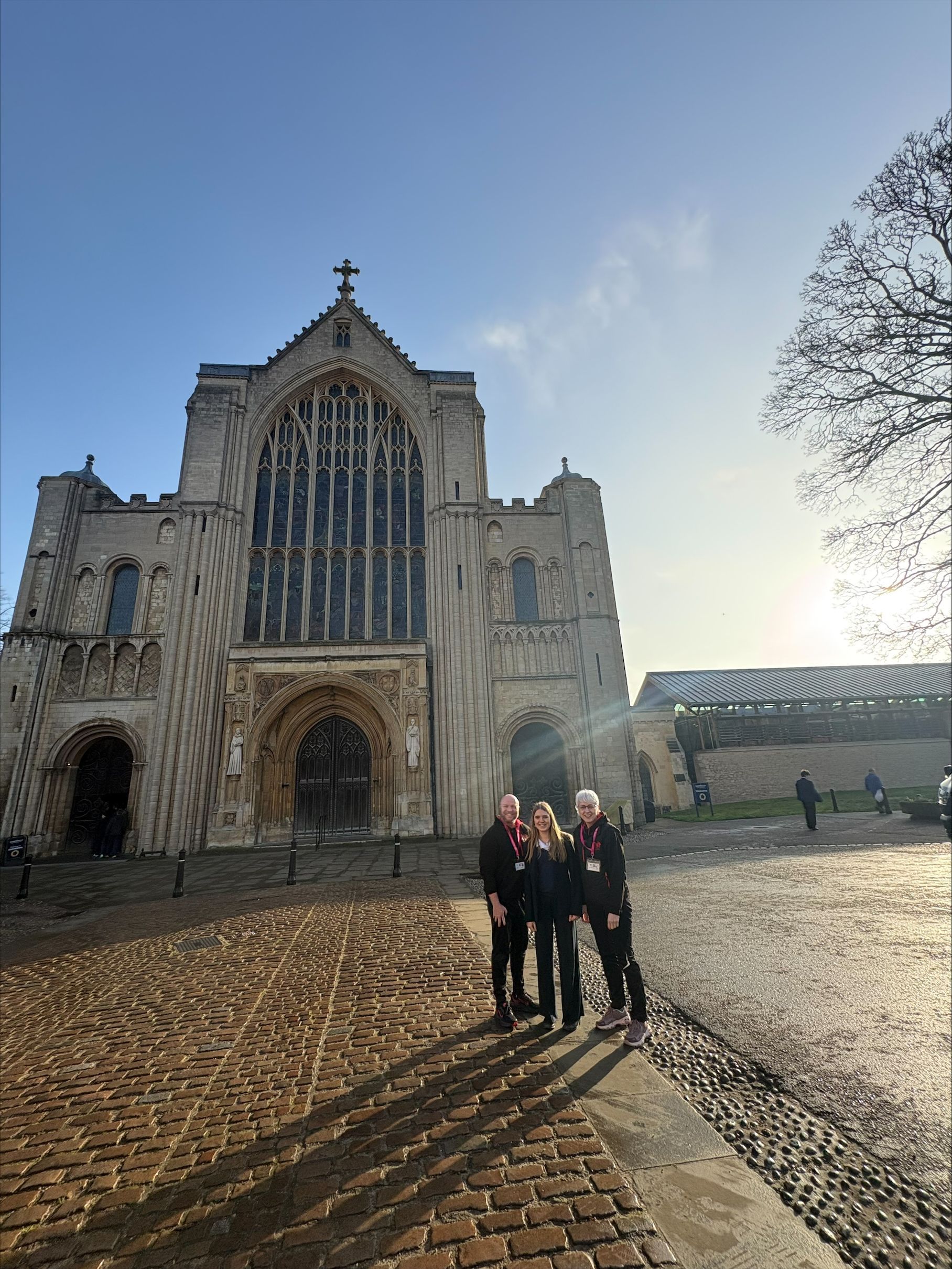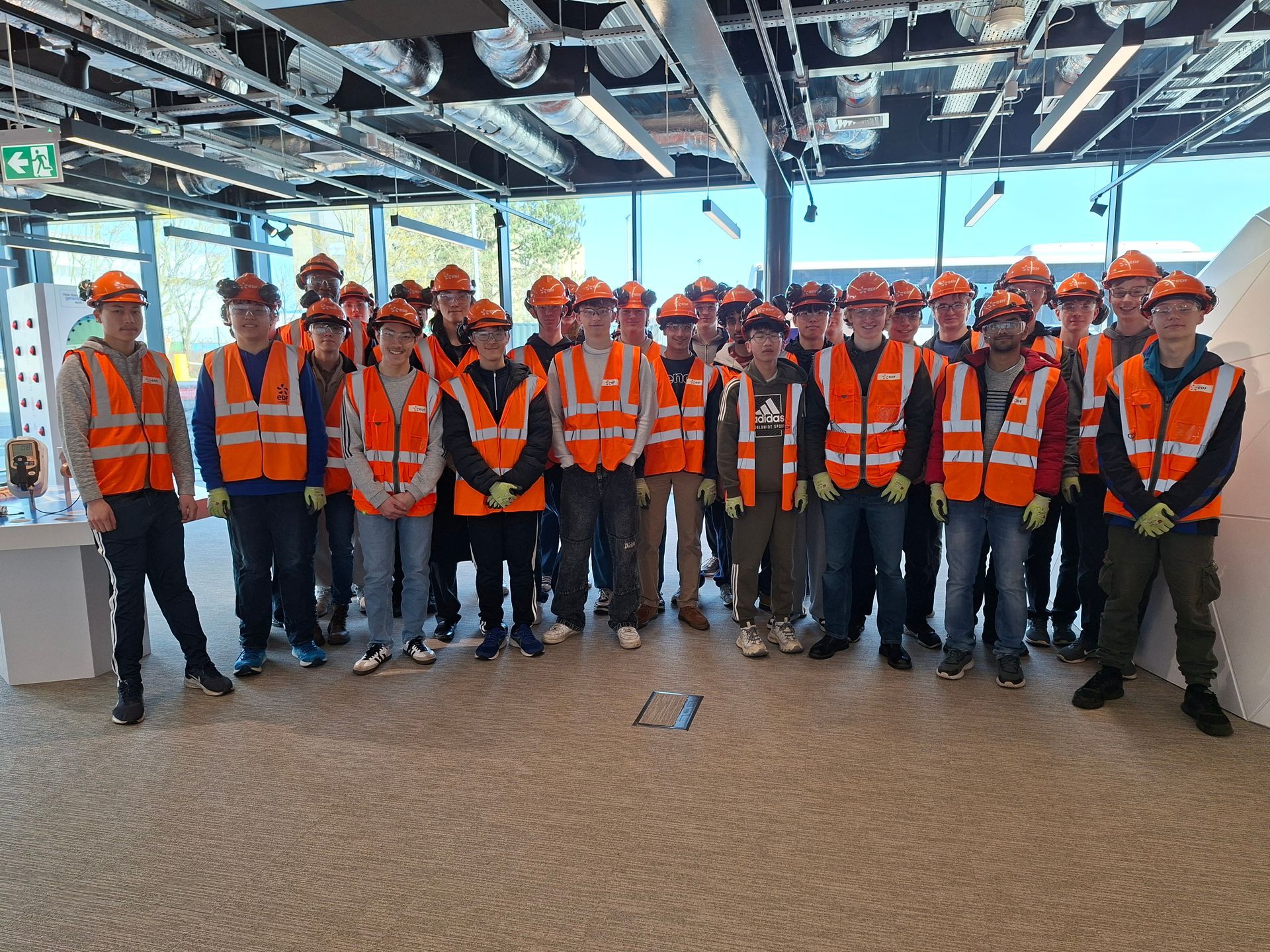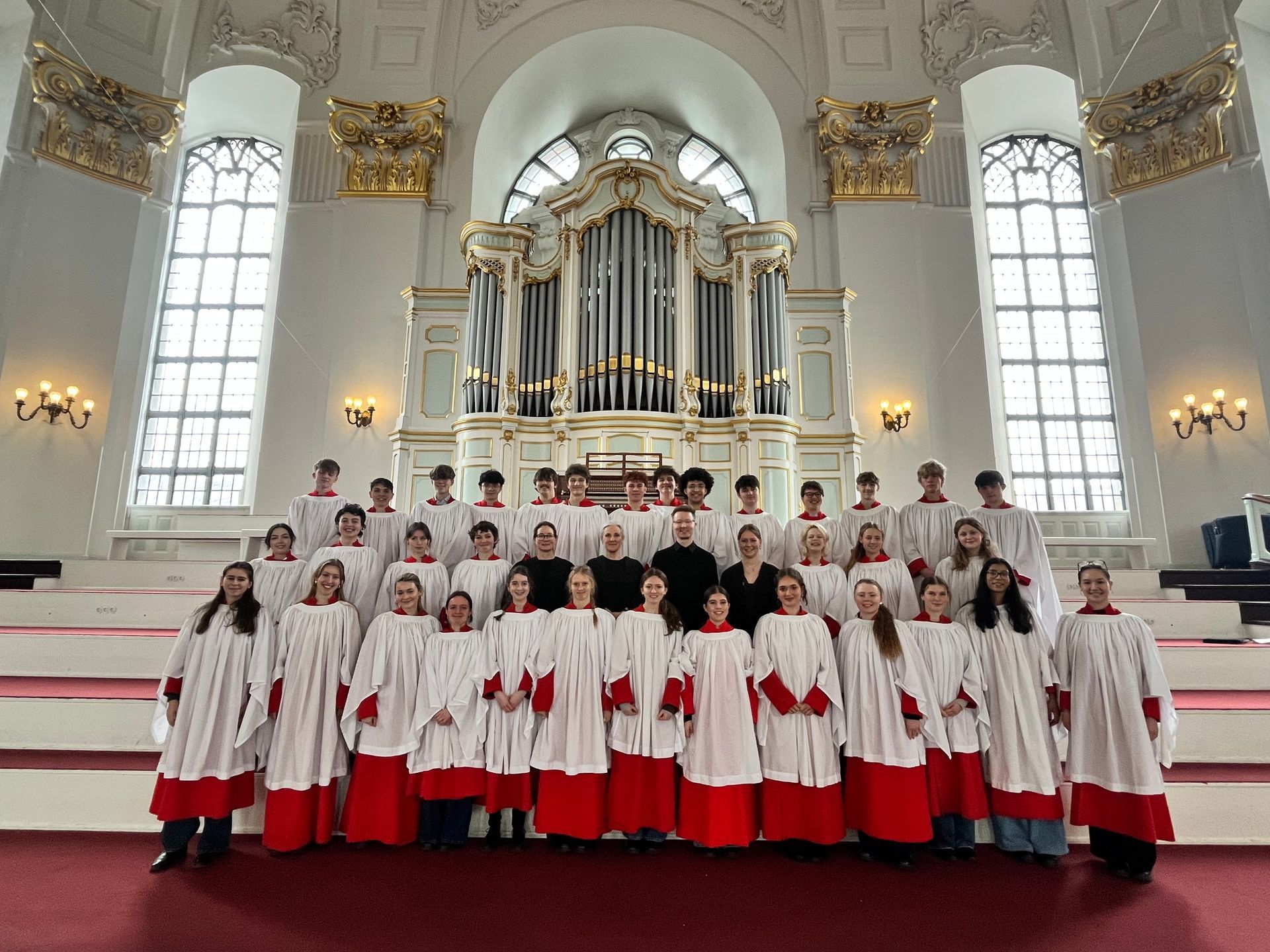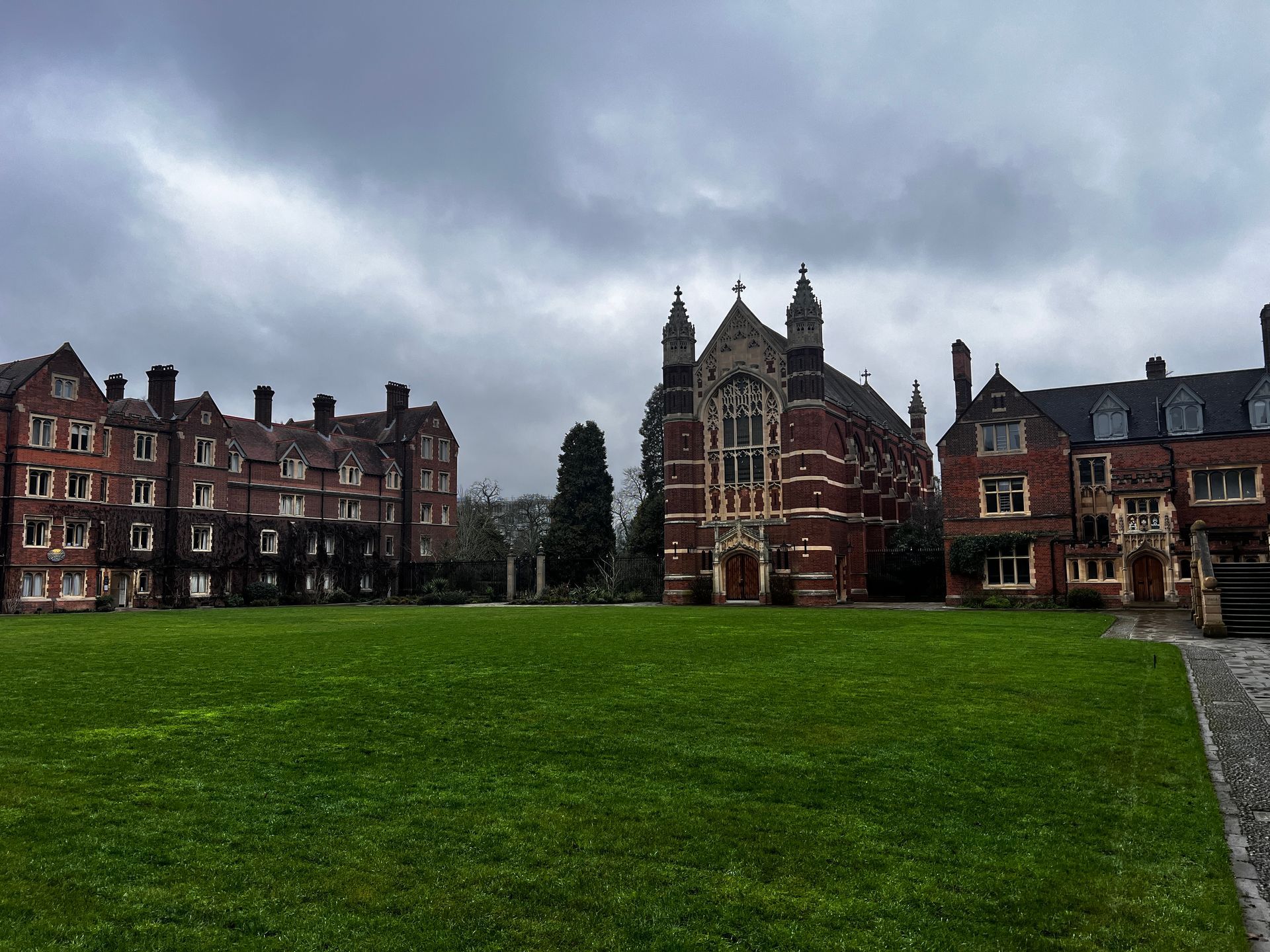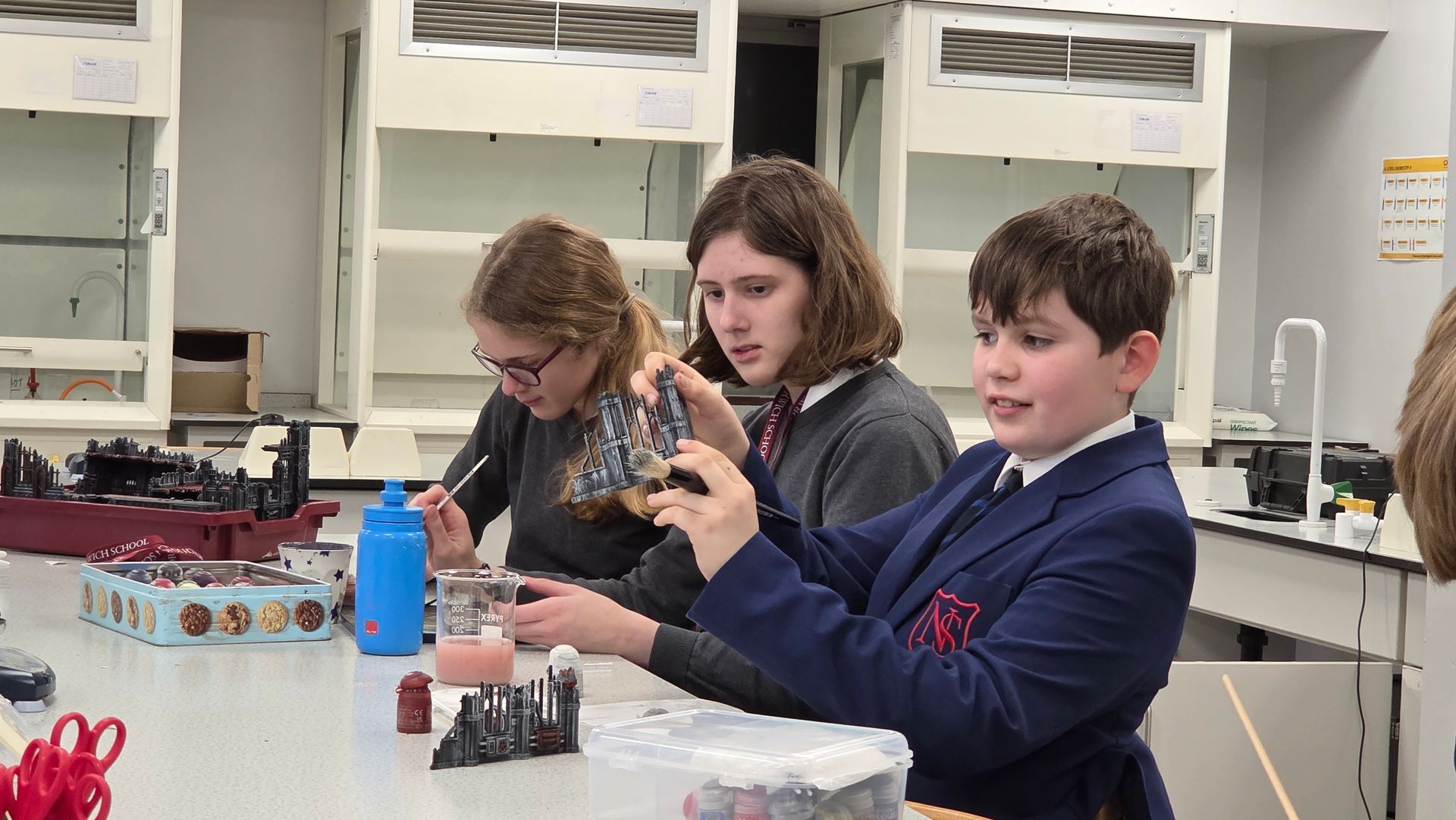By Eleanor Lewis
•
March 3, 2026
2026 is National Year of Reading and we are going all in here at Norwich School! We know reading expands worlds, sharpens minds, and fuels creativity, so let's get inspired! Every month we are focusing on a different genre and hearing from a member of staff about what they like to read, why, when and where! Next up we have Fantasy for February and a huge fan of this genre, Stacey Boothby, Lower School - Deputy Head (Academic), is going to tell us a bit about why she loves Fantasy so much! Tell us a little bit about the genre; what common themes or elements do you particularly enjoy? Fantasy allows writers to explore big ideas – power, courage, loyalty, good and evil – all within beautifully imagined worlds. I love books that create their own unique universes, from the hobbits living peacefully in the Shire in The Hobbit to the magical world of Hogwarts in Harry Potter. I particularly enjoy looking at the maps of these worlds and learning about the history and legends behind them. I am especially drawn to ordinary characters who are faced with difficult choices, and to stories where seemingly unimportant people are forced to rise to extraordinary challenges. Magic, myth and invented cultures can make familiar human experiences feel new and exciting. Most importantly, fantasy allows me to step away from everyday life and immerse myself among dragons, elves and all the other creatures in between. What was the book that introduced you to fantasy? Was there a particular book or author that made you fall in love with this genre? Like many readers, I was introduced to fantasy through books I read as a child. Stories such as The Hobbit, The Chronicles of Narnia, and later Harry Potter showed me how completely immersive fantasy could be. These books made reading feel like stepping through a door into another world. Has your taste in this genre changed over time? Yes. As I’ve grown older, I’ve become more interested in fantasy that mixes magic with deeper characters and more complicated choices, rather than simple good-versus-evil stories. I still enjoy classic fantasy, but I now appreciate books that make me think as well as entertain me. Would you recommend this genre to someone who doesn’t usually read it? Why? Absolutely. Fantasy is not just about escaping reality; it is about understanding it in a different way. By setting a story in another world, authors can explore fear, hope, friendship and responsibility clearly and powerfully. It is also a brilliant genre for reluctant readers because the adventure keeps you turning the pages. What do you enjoy most about reading, whether fantasy or anything else? I enjoy looking for the finer details. Fantasy in particular rewards careful reading, because the details of a world – its rules, history and cultures – all matter. I love the moment when something clicks and you realise why a character did something three chapters earlier, and how it affects the outcome of the story. There is real satisfaction in finishing a book and feeling as though you truly know that fictional world. It is even better when you can discuss characters and ideas with others, or compare the book with its television or film adaptation. When and where is your favourite time and place to read? / Do you have a favourite reading spot or routine for diving into books? Much of my reading now takes the form of listening to audiobooks while gardening, washing the car or doing jobs around the house. It means I can enjoy a story even on busy days. When I am on holiday, I will often pick up a book to read, as I have more time to slow down. Which fictional character would you most like to have a cup of tea with? Gandalf – although I suspect the conversation would involve more wisdom (and perhaps fireworks) than tea. Click here to see the monthly Reading List!

